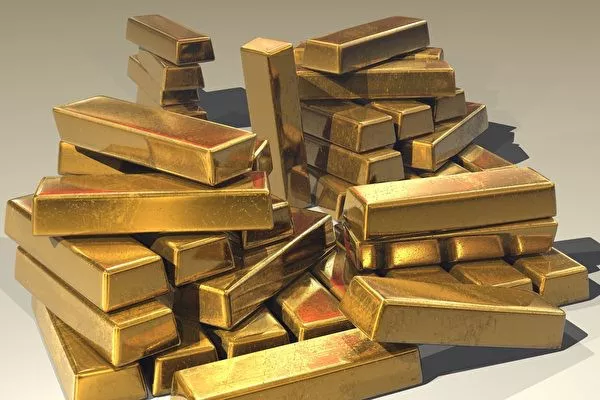Interest in gold has surged across Japan this spring, driven by growing economic anxieties and political dissatisfaction. Amid global market instability and continued backlash over U.S. President Donald Trump’s tariff policies, Japanese investors are increasingly turning to the precious metal as a financial safe haven.
According to reports from Kyodo News, both direct investments in gold and participation in the government’s newly revamped tax-free savings scheme—NISA (Nippon Individual Savings Account)—have gained significant traction. Through NISA, individuals can invest in financial products linked to gold price fluctuations without incurring taxes, an incentive that appears to be resonating with a growing segment of the population.
Tanaka Precious Metals Technology Co., Ltd. noted in a recent update that the on-exchange price of gold in Japan reached a monthly high of ¥15,561 per gram on April 22, following speculation that President Trump might dismiss Federal Reserve Chairman Jerome Powell. Although Trump later denied the reports and tensions between the U.S. and China seemed to ease, gold prices retreated, closing the month at ¥15,198.
April 22 and May 8 marked historical peaks for gold in Japan, with Tanaka’s asset gold bar retail price hitting record highs on both dates. Analysts attribute the increased demand to concerns over a looming global recession and trade war volatility. In response, more Japanese consumers are not only buying physical gold in the form of bars and coins but also enrolling in fixed monthly gold savings plans offered by Tanaka. Such investments rose by 26% from January to April compared to the same period last year.
Luxury second-hand retailer Komehyo Co. reported a 30% year-on-year increase in sales of gold-related products—including jewelry and accessories—through March 2025. Likewise, the Mitsubishi UFJ Prime Gold Fund saw a significant uptick in inflows, totaling ¥19.2 billion in March, which is roughly 2.6 times the amount recorded in December.
Analysts say domestic instability is also fueling the gold rush. Economic challenges such as underfunded pension systems, rising inflation, and record-breaking rice prices have shaken public confidence. Additionally, surging inbound tourism has caused friction, while Prime Minister Fumio Kishida—who has described himself as a “defense geek”—continues to face historically low approval ratings.
Many Japanese citizens are reportedly skeptical of the government’s priorities. Critics argue that the administration appears more focused on foreign financial relations, including increasing yen investments in the United States, than addressing critical domestic issues.
In this climate of uncertainty, gold has re-emerged as a reliable hedge—a traditional asset that many Japanese view as a bulwark against economic instability and political dysfunction.


